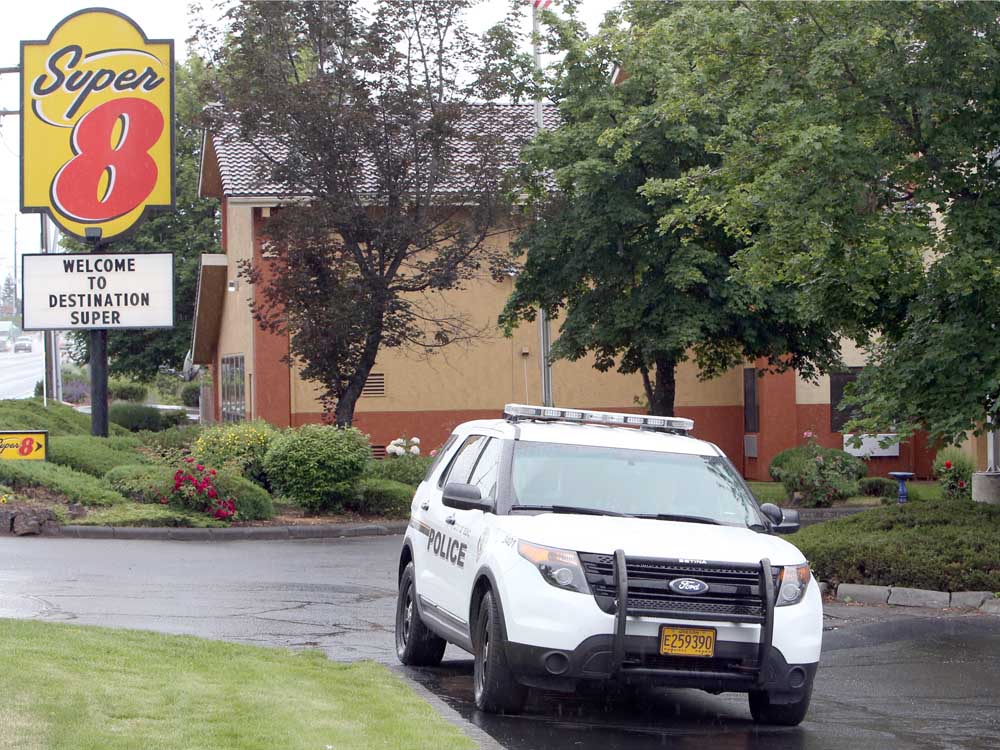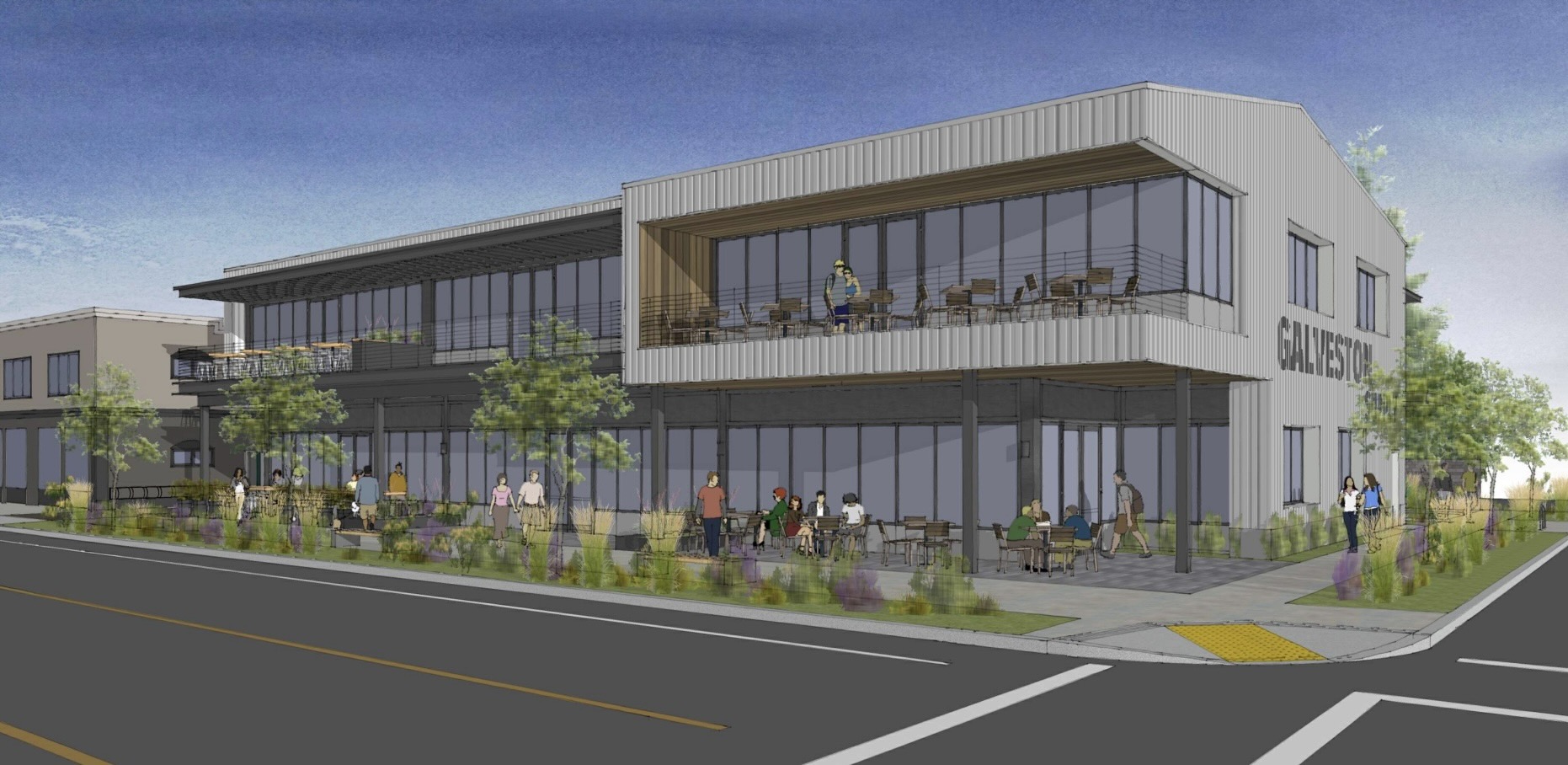Where is all the affordable housing in Bend?
Published 2:15 pm Friday, January 6, 2023

- This October 2021 photo shows the Stillwater Crossing affordable housing apartments under construction on the south side of Bend.
The city of Bend set out to get 1,000 affordable housing units started by the end of 2023. The city said it is 80% of the way to meeting the goal of having that many finished, funded or in the permitting process, but only 214 affordable housing units have actually been built.
The rest are stranded in a clogged permitting process.
Trending
Since the Bend City Council defined its 1,000-unit goal in 2021, 594 units have been funded or have begun the permitting process but have yet to be built, according to data from the city.
With the majority of units still in the permitting pipeline, some say the process isn’t as quick or efficient as it ought to be.
The bottleneck effect
All new construction, whether residential or commercial, requires a permitting process through the city’s community development department. The process addresses things like zoning changes, parking and traffic requirements and utility availability to ensure compliance with local and statewide rules for building.
More affordable housing units are currently entering the city’s permitting process than are being produced, creating a bottleneck effect.
Delays for developers, funders and organizations looking to build leaves residents without affordable housing options.
Trending
That’s not to say progress hasn’t been made.
Getting people just interested and invested in building affordable housing is still a success, said Lynne McConnell, the city’s housing director.
She is aware the permitting process takes time, which, in turn, impacts affordability.
“We continue to hear from our community members that we need more housing types that are more affordable generally,” McConnell said.
The permitting process has changed in the last year, McConnell said.
“We really streamlined what I would consider the front end of that process and we removed a lot of the traditional planning elements from the process,” she said.
The city also made it easier to get permits for middle housing types like duplexes, cottage clusters or other multi-unit options.
Historically, the city’s goal has been to produce 100 affordable housing units per year, McConnell said. The 1,000-unit goal is, comparatively, a major undertaking but a necessary one.
The city collects an affordable housing fee from all new developments to fund low- and no-interest loans for affordable housing projects. Instituted in 2006, the city of Bend was the first in Oregon to implement an affordable housing fee.
To date, it has generated $7 million, and the city has loaned more than $14 million for affordable housing units, according to its website.
Kôr Community Land Trust, a local nonprofit that focuses on affordable homeownership, is in direct partnership with the city. It receives over $100,000 from the city for every home it builds, according to executive director Jackie Keogh.
“Essentially, what the city is doing by partnering with Kôr, and any other organization doing permanent affordability, is not just creating affordable housing today, but creating affordable housing for tomorrow,” Keogh said.
The nonprofit’s goal is to create permanently affordable homes to serve a broad range of needs in the community. It has five units already closed, five more that are expected to close this spring and 47 more to be built in the next three years.
But Kôr is still subject to the city’s permitting process.
“Kôr does receive an expedited permitting process formally. However we are currently working with the city to make sure that formal expedited process is really expedited,” Keogh said.
Frustrations abound
The city’s permit management system has frustrated at least one developer. Larry Kine, owner of Kine & Kine Properties, says he is unable to get his affordable housing projects completed on time because the permit process is overly cumbersome and inefficient.
Paperwork that should be done in a matter of weeks drags on for months or years, he said.
Kine said he wants to build 133 affordable units between Pettigrew Road and Daly Estates Road on Bend’s east side and has already received $2 million in funding from the state.
The units would be available to low-income families who make 80% of the area’s median income or less.
But he said delays caused by the city prevent him from completing work. He said one permit was supposed to be completed in 60 days and is now going on five months. Kine estimates the delays have added up to two years of lost time.
Kine blames the city’s online system, which he said requires him to have every building approved separately, which delays the process when they could all be approved together.
“It’s the biggest inefficient joke I have ever seen in my life. It’s crazy, and they claim they want affordable housing,” said Kine. “Everything they can possibly do to slow it down and prevent it is what they do.”
In addition to the project near Pettigrew Road, Kine also wants to build 90 affordable housing units on a property near Murphy Road. The application for funding on that project is still pending so it’s not yet clear if that property will in fact have affordable housing.
Colin Stephens, the director of the Community and Economic Development Department, confirmed to The Bulletin that some of Kine’s affordable housing project on Pettigrew Road is under construction and some of it remains under review.
But Stephens disagrees that the city is to blame for the delays.
He said from the start, consolidating properties together into one site “would have greatly simplified” the engineering review by reducing the needed public improvements to only one sewer and one water service for the entire development.
“The potential simplification of the utility design was brought to the developer’s attention during the planning division review stage in 2020, but the developer chose to proceed as proposed,” said Stephens.
Stephens also addressed Kine’s complaints over building permit delays. He said city staff provided feedback to Kine on how to make the review of the building permits run more smoothly.
“The developer (Kine) decided not to follow this advice and submitted 10 different, individual building permits, each of which had to be routed to engineering for individual review which has caused inefficiencies and delay,” Stephens said.
According to documents from the city dated this summer, gaps were identified in the permitting process. The volume of permits, staffing, new permit software and project complexity impact permit review times.
To remedy this, Stephens proposed prioritizing community engagement, hiring and retaining staff and rewarding complete building permit submissions.
As a new Bend City Council takes office, they will create new goals for the next year. Members of the public are able to provide input regarding goals or any other matter to councilors at council@bendoregon.gov.







